On What it Means to be Sudani: An Introspection
I have often asked myself: What, exactly, does it mean to be from Sudan?
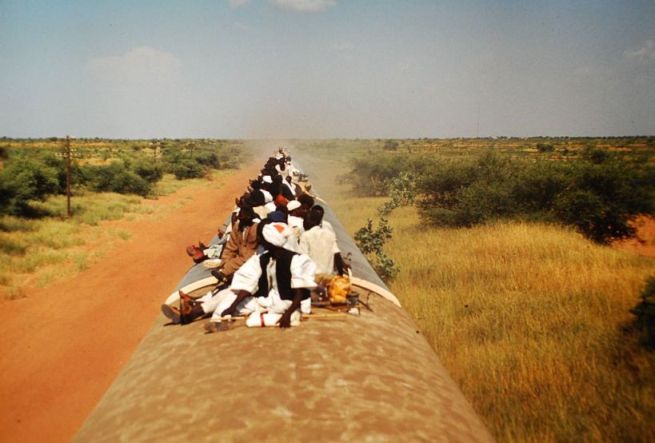
(Credit: Bertramz)
We have reduced what it means to be from Sudan to cultural traditions that in and of themselves are superficial and do not come close to defining who we are as a nation. Traditions are there to augment history, to distinguish groups of people from one another.
Traditions are in no way representative of who we are, of who our forefathers hoped we would become. We would do well to remember Sudan as it should be, a land rich in soil and resources, a land that Arab nations once looked to for inspiration as they made their initial efforts to modernize their states. A land of good, hard-working people, humble in their ways and kind-hearted to all.
We are a nation of poets, of stories and storytellers.
Ours is a country with beautiful geography and unique regions, each with its own particular character. From mountainous Kassala in the east, with its thriving markets and expansive fruit gardens—to Madani, a city resting on the west bank of the Blue Nile. From the sesame fields of Gedaref to coastal Port Sudan, and in between the sand dunes of Dongola—there is a certain enchantment in what serves to make Sudan, Sudan.
We are a nation of poets, of stories and storytellers; our oral traditions have been carried on the tongues of our grandmothers, carefully memorized and whispered into the ears of newborns. Over the years, I have heard countless parables from my mother, who heard them from her mother—stories and lessons that have yet to be written and so carry a certain mythical element in their telling.
When I hear my mother recount them, I feel as though I am a part of an exclusive list, a select group of people chosen to preserve our oral traditions. Whether these stories are true is beside the point; it is the art of passing the story on that is splendid.
I have listened to my grandfathers tell stories in a way that only they could. Their voices were not particularly deep or loud, but when they spoke, you listened. Theirs was a storytelling that made you forget where you were. You felt as though you could be in the places they described, in a different time and far removed from the present.
They took their time in telling a tale, pausing in all the right places, watching in amusement as their audience leaned forward in anticipation of what was to come. Whenever I could, I listened to these stories. I grew up listening to them, and I take pride in knowing that one day I may have the opportunity to be the storyteller for my own grandchildren. This is the essence of being Sudani: family and storytelling. They are at the heart of our narrative.
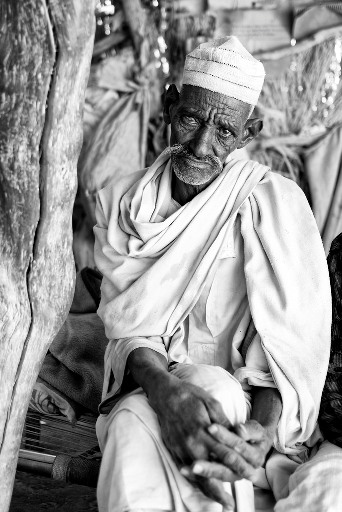
(Credit: Christopher Michel)
I have listened to my grandfathers tell stories in a way that only they could. Theirs was a storytelling that made you forget where you were. You felt as though you could be in the places they described, in a different time and far removed from the present.
I fear that the people of Sudan have lost sight of this narrative. Survivors of a vicious and unforgiving political cycle, we have become numb, fearful of the future and yet unwilling to change it.
Though politics has worked against us from the beginning, we would do well to remember our strengths. The Sudani people have always been recognized by their Arab neighbors as people who can be trusted, people with inexhaustible amounts of generosity and hospitality.
I ask you, then, if this is who we are, if it is in our blood to be kind to one another—then why can’t we extend this same generosity to our own land? Is the land of our fathers not deserving of our kindness, our most sincere acts of gratitude? Is Sudan not worthy of being saved?
While we cannot escape politics, we should not allow it to define where we go from here. What our country needs now is a revival, a reminder that it is more than just a victim of political strife.
I fear that the people of Sudan have lost sight of this narrative. Survivors of a vicious and unforgiving political cycle, we have become numb, fearful of the future and yet unwilling to change it.
The people of Sudan have allowed themselves to be browbeaten. They have allowed apathy to be their voice in the face of poverty, inflation and numerous other challenges. Indifference is a choice, and it is a choice that yields results perhaps more dangerous than oppression.
To do nothing means that we, as a people, have accepted things as they are, and therefore have no hope that our country can overcome whatever threats it may face. And the young voices that are hopeful, the voices that dare to speak up in a country filled with stoic silence—these voices rise up in confidence, ready to face adversity head-on, only to be shot down and quickly forgotten, and the silence settles once again.
Is the land of our fathers not deserving of our kindness, our most sincere acts of gratitude? Is Sudan not worthy of being saved?
I am a product of immigration, and therefore I do not know Sudan as I should. I did not grow up running across hot sands in front of my grandfather’s house. I was not sent to the corner store every morning to fetch fresh, piping hot bread. I do not know all the words to Tarbas and Mohamed Elamin, but I l still love my country.
This is testimony to the idea that being from a certain place is defined by our visceral, familial connection to it. It is not a matter of simple geography. I do not have to live in Sudan to know that I am from Sudan. I do not have to know Sudan firsthand to know that I love Sudan. I have always loved Sudan, just as I have always loved my mother.
Through her, I have known my country—our country—in her childhood stories. I have lived in El Obeid as my mother did; slept in cramped college dormitories in the heart of Khartoum, like my mother did; grew up on my grandfather’s lap and listened to his stories—just like my mother did.
I do not know Sudan that well, but through the stories I have come to know enough. Enough to love it unconditionally, enough to hurt when I see what we have let it become. I want to see my country as it once was, as it could be. I want our Sudan to rise from the ashes, I want to experience its rebirth. I want us each to have a hand in nurturing it—carefully, gently—so that one day I can hold my children—and their children—in my arms, and tell them of Sudan’s love story, not its tragic end.
Nihal Mubarak is a self-proclaimed poet and short-story writer. As is the case with many second-generation immigrants, she struggles to preserve her Sudanese culture in a western society, and hopes to re-discover herself—and her heritage—in her writing.

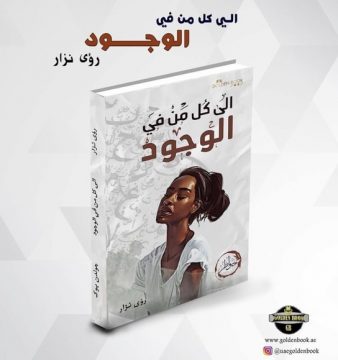
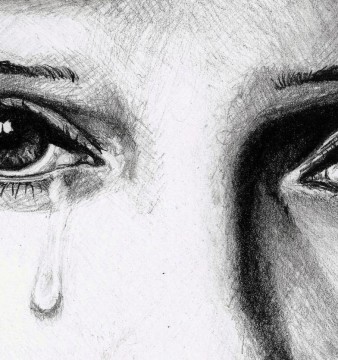
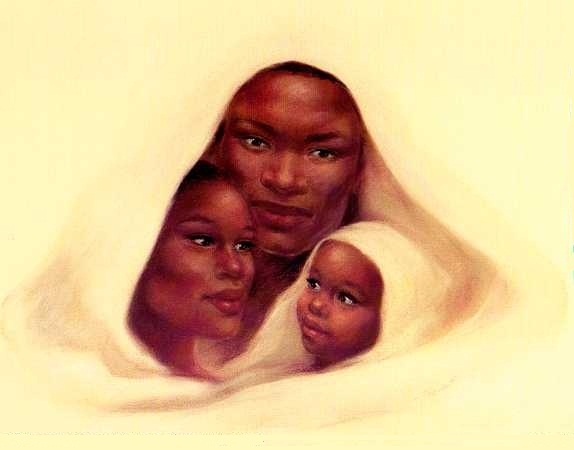
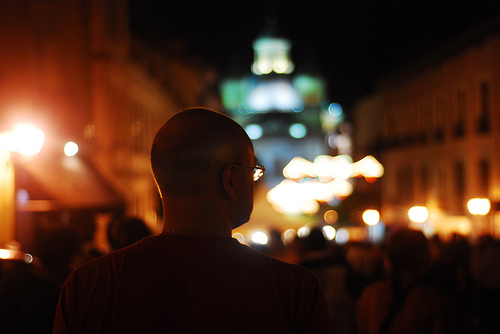
This is beautiful, very beautiful 🙂